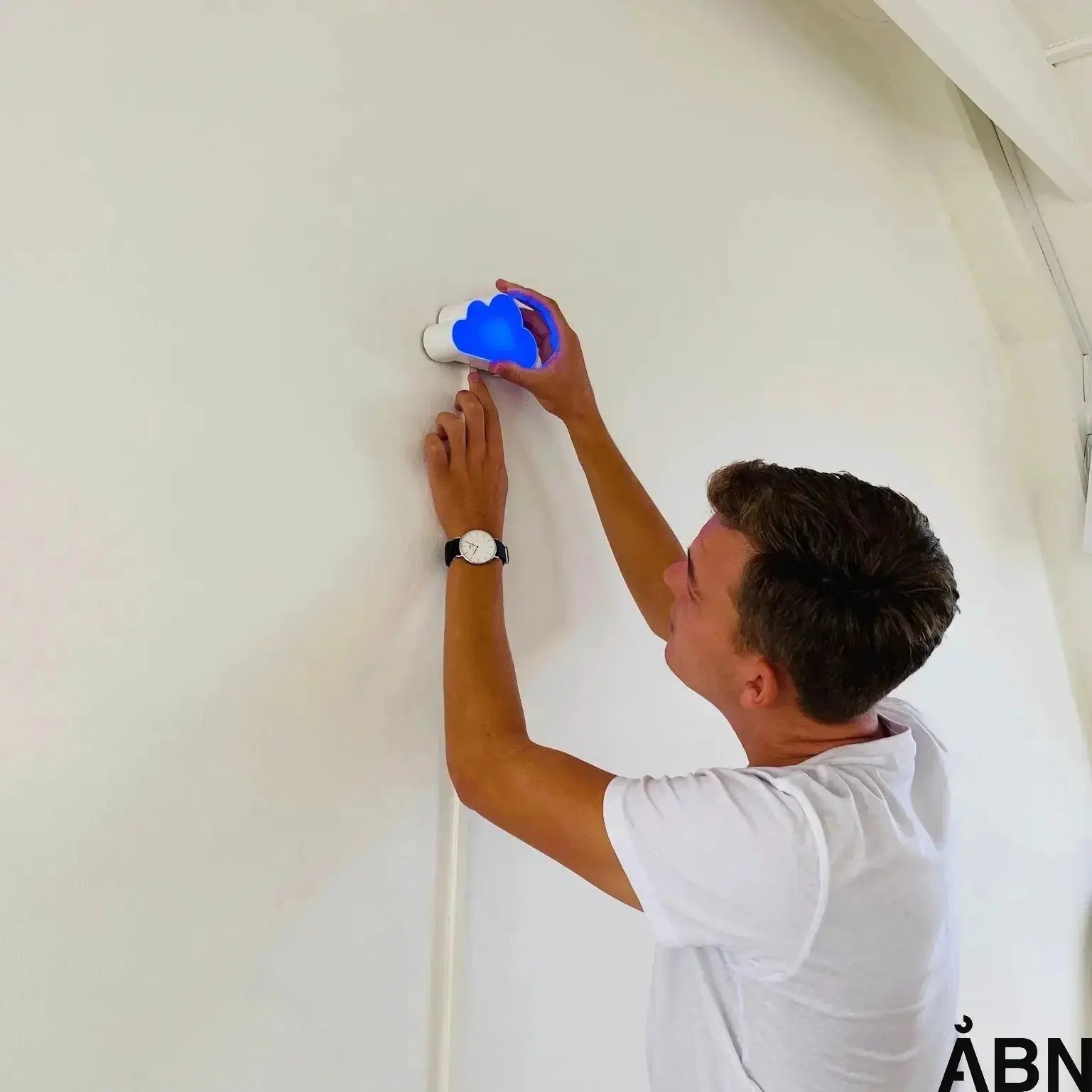Think of your brain as a high-performance computer. Just as a computer needs cooling to function optimally, your brain needs fresh air with low CO₂ levels to perform at its best. When CO₂ levels rise, our cognitive abilities are affected in ways comparable to running a computer with an overheated processor.
The invisible influence on the brain
When we breathe air with an elevated CO₂ content, a number of physiological processes occur in our body. CO₂ affects the acidity of the blood (pH value), which has a direct impact on brain function. Research from Harvard University has shown that our cognitive abilities are significantly reduced by elevated CO₂ levels:
At 1000 ppm CO₂, the first measurable impacts on our decision-making ability are seen
At 1500 ppm, our ability for complex problem solving is reduced by up to 15%
At 2000 ppm, our ability to concentrate decreases by up to 35%
Above 2500 ppm, our mental performance can be reduced by up to 50%.
Learning under influence
In a school context, the effect of elevated CO₂ is particularly concerning. Studies from DTU have documented that students in classrooms with poor air quality:
-
Have more difficulty remembering new information
-
Solves fewer tasks correctly
-
Takes longer to understand complex material
-
Losing concentration more often
-
Feeling more tired and unmotivated
The hidden connection to productivity
In the workplace, high CO₂ levels can have significant consequences for productivity. A comprehensive study from the Danish Technological Institute shows that employees in office environments with elevated CO₂:
-
Works slower with complex tasks
-
Makes more mistakes in routine tasks
-
Have more difficulty maintaining focus for longer periods of time
-
Experience reduced creativity and innovativeness
The body's alarm signals
Our body sends us different signals when CO₂ levels become too high:
Physical symptoms:
-
Headache
-
Fatigue
-
Dry eyes
-
Dizziness
Mental symptoms:
-
Reduced ability to concentrate
-
Difficulty making decisions
-
Slow reaction time
-
Impaired memory
Particularly vulnerable groups
Not everyone reacts the same to elevated CO₂. Some groups are particularly vulnerable:
Children and young people:
-
Has a higher activity level and thus greater oxygen demand
-
Is in a developmental phase where the brain is particularly sensitive
-
Often many people stay together in small rooms
People with existing health problems:
-
Asthmatics and allergy sufferers
-
People with cardiovascular diseases
-
People with chronic respiratory diseases
Measurements and monitoring
To ensure optimal conditions for learning and concentration, it is crucial to be able to measure and monitor CO₂ levels continuously. With modern sensor technology like SKYEN, you can:
-
Get real-time measurements of CO₂ levels
-
See the development over time
-
Identify problem periods
-
Act proactively before levels become critical
Long-term effects
Repeated exposure to high CO₂ levels can have cumulative effects:
-
Increased risk of chronic fatigue
-
Impaired general cognitive function
-
Impaired immune system
-
Increased sick leave
Scientific documentation
The link between CO₂ and cognitive function has been well documented through numerous scientific studies. One particularly notable study from Berkeley University found that:
-
Test subjects solved 61% more advanced math problems in rooms with good ventilation
-
Response time was 44% faster at low CO₂ levels
-
Strategic thinking was improved by up to 288% with optimal air quality
Sources:
-
Center for Indoor Climate and Energy, DTU
-
The National Research Center for the Working Environment
-
Environmental Health Perspectives Journal
-
The World Health Organization's guidelines for indoor air quality
This article has been prepared as part of ÅBN's knowledge articles on indoor climate in Denmark, based on the latest research and current regulations.









